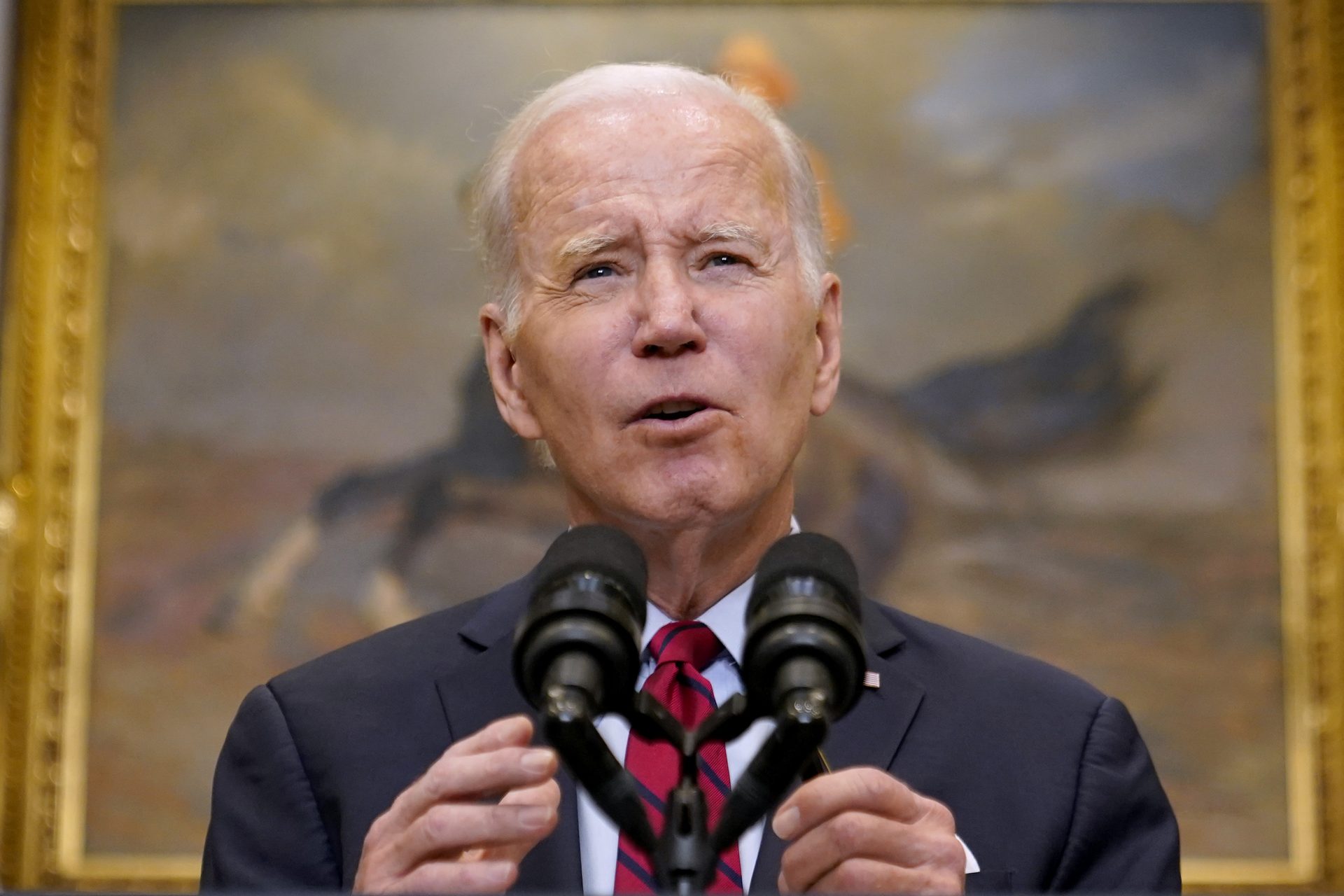As a leader representing the Rio Grande Valley business community, I am committed to ensuring that decisions made at the state level not only benefit our city and its residents, but also continue to enrich Texas’ pro-business climate so that the next generation can enjoy a more prosperous future.
For the Rio Grande Valley region, securing that future means making critical investments in the development of our roads, schools, hospitals, and other critical infrastructure to increase our quality of life, which will continue to attract companies and families here.
Our region is experiencing a surge in expansion, making it one of the fastest-growing regions in America. A nearly twofold increase in population is expected to occur by 2045. Naturally, as surrounding cities expand in our area, so do the number of job opportunities available to our residents. The Rio Grande Valley has made sizable progress in recent years and transformed into a notable center for healthcare, higher education, manufacturing, and global commerce.
I understand how strategic investments in our infrastructure and educational institutions are undeniably important to continue attracting economic growth to our city and region. I also believe it is crucial to approach these decisions with prudence to ensure taxpayers get the best value for their investments.
However, enforcement of policies at the state level that prohibit companies with certain ‘Social Governance’ policies from doing business with public entities – which were originally designed to ‘protect’ taxpayers – risk saddling taxpayers with extra debt we never bargained for.
In October, the Texas Attorney General’s office signaled that the state is preparing to exclude major financial firms from underwriting bonds with local governmental entities – including cities, schools, and utility districts – throughout the state of Texas.
An overly zealous interpretation of these laws will shut the handful of qualified lenders out of the bond market. This leaves fewer financial institutions left to underwrite bonds, forcing hardworking taxpayers and families to bear the burden of costly increased debt that comes from higher interest rates in the absence of competition among lenders.
In fact, a study published by researchers from the University of Pennsylvania and the Chicago Federal Reserve earlier this year found that reduced competition in the bond market could force Texas public entities to incur an additional $300 to $500 million in debt annually. Unfortunately, this could be just the beginning.
The exorbitant burden of these additional, unnecessary debts ultimately falls on Texas taxpayers, families and businesses, straining wallets and affecting our quality of life. Instead, I believe the best way to ensure the Lone Star State remains an economic powerhouse is to encourage competition across all sectors, including in the bond market. As a business leader, I understand that more competition drives downward pressure in the market – including on interest rates for the billions of dollars in bonds approved by taxpayers.
The Rio Grande Valley has seen tremendous success in attracting various big-name companies, such as T-Mobile, Frito-Lay, and the massive tech software company Zoho. It is incumbent upon our state’s leaders to reinforce the pro-business and pro-taxpayer policies that have attracted world-class companies here. Texas’ appeal for these enterprises – supported by no state income tax, a lower cost of living, top-tier higher educational opportunities, and our recent $18 billion property tax cut – hinges on maintaining an environment conducive to investment and job creation.
However, with the looming threat of financial services firms potentially being excluded from underwriting bonds in Texas, we run the risk of undermining the very foundation that has drawn these firms to our state, and to the Rio Grande Valley region. To guarantee that people continue to recognize the Rio Grande Valley as a rising metropolis and economic hub, we must ensure that we don’t squeeze the municipal bond market by reducing the number of financial institutions able to participate in it. Doing so will only saddle taxpayers with higher costs and dissuade individuals and businesses from relocating to our region.
Being fiscally responsible means ensuring Texas taxpayers get the best return on their investment when they authorize school bonds and other local measures to improve infrastructure and quality of life. Texans don’t want phantom debt tacked on to their tax bills because there are fewer banks to compete and offer lower interest rates.
I hope our state leaders will take the fiscally responsible approach toward enforcement of our laws to ensure they accomplish their original, intended goal of protecting Texas taxpayers.
Editor’s Note: The above guest column was penned by Daniel Silva, president & CEO of the Rio Grande Valley Partnership. The column appears in the Rio Grande Guardian International News Service with the permission of the author. Silva can be reached by email via: daniel@rgvpartnership.com.
The post Silva: Broad enforcement of state laws targeting bond underwriters could undermine taxpayers appeared first on Rio Grande Guardian.
 (2).png)
 6 months ago
159
6 months ago
159









 English (US)
English (US)